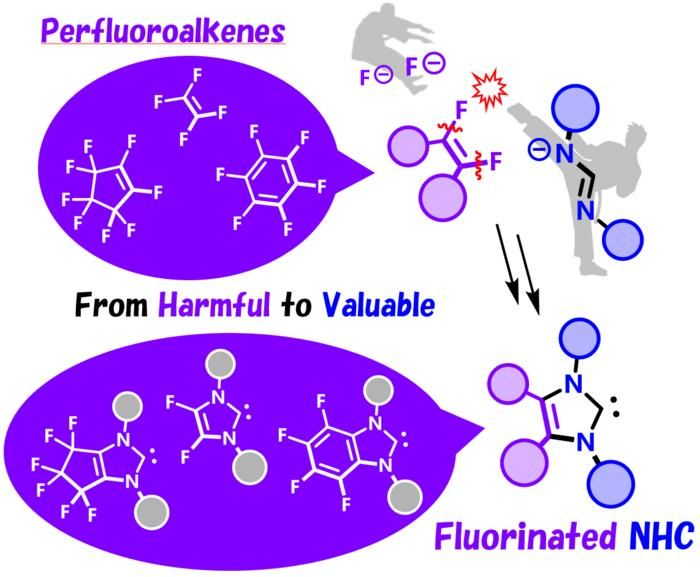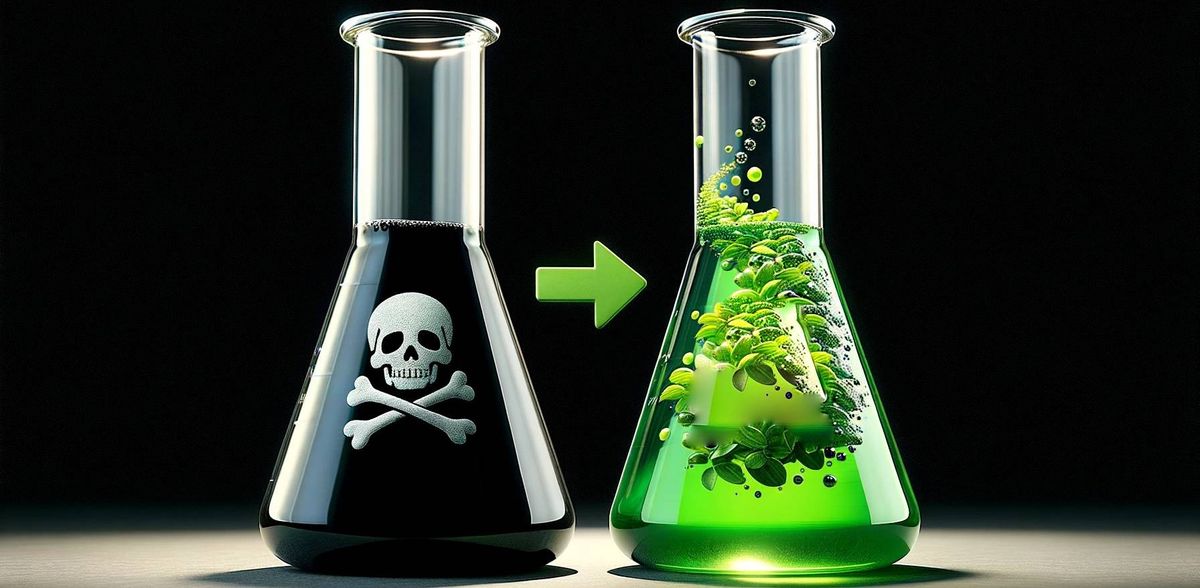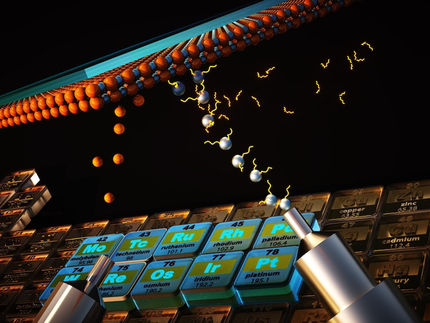Converting PFAS “forever chemicals” into valuable compounds
Scientists develop a new method to incorporate harmful perfluoroalkenes into N-heterocyclic carbene ligands
Advertisement
Commonly known as “forever chemicals,” PFAS are notorious for persisting in the environment and in our bodies. Osaka Metropolitan University chemists may put an end to the “forever” life of PFAS with their simple yet innovative technique that converts these harmful substances into valuable compounds.

The conversion was achieved by simply removing two fluorine atoms from 1,2-difluoroalkene derivatives
Kenichi Michigami, Osaka Metropolitan University
A research group led by Professor Masato Ohashi and Assistant Professor Kenichi Michigami of the Graduate School of Science at Osaka Metropolitan University has successfully synthesized ligands called fluorine-decorated N-heterocyclic carbenes (NHCs) from perfluoroalkenes, a type of PFAS (Perfluoroalkyl and Polyfluoroalkyl Substances). The NHCs developed in this study play significant roles in stabilizing unstable molecules as well as enhancing the performance of their ligated transition metal complexes.
The synthesis of fluorinated NHCs was achieved simply by removing two fluorine atoms from 1,2-difluoroalkene derivatives. Owing to the small size of fluorine atoms, the electron-accepting ability of the NHC ligand can be enhanced without substantially changing its steric properties.
“Our results enable the easy transformation of harmful PFAS into functional NHCs,” explained Dr. Michigami. “The versatile applications of fluorinated NHCs show potential advantages in various fields such as fluorine chemistry, organometallic chemistry, catalysis chemistry, and materials science.”
Original publication
Masato Ohashi, Kota Ando, Shoichi Murakami, Kenichi Michigami, Sensuke Ogoshi; "N-Heterocyclic Carbenes with Polyfluorinated Groups at the 4- and 5-Positions from [3 + 2] Cycloadditions between Formamidinates and cis-1,2-Difluoroalkene Derivatives"; Journal of the American Chemical Society, Volume 145, 2023-9-26
Other news from the department science
Most read news
More news from our other portals
See the theme worlds for related content
Topic world Synthesis
Chemical synthesis is at the heart of modern chemistry and enables the targeted production of molecules with specific properties. By combining starting materials in defined reaction conditions, chemists can create a wide range of compounds, from simple molecules to complex active ingredients.

Topic world Synthesis
Chemical synthesis is at the heart of modern chemistry and enables the targeted production of molecules with specific properties. By combining starting materials in defined reaction conditions, chemists can create a wide range of compounds, from simple molecules to complex active ingredients.


































































